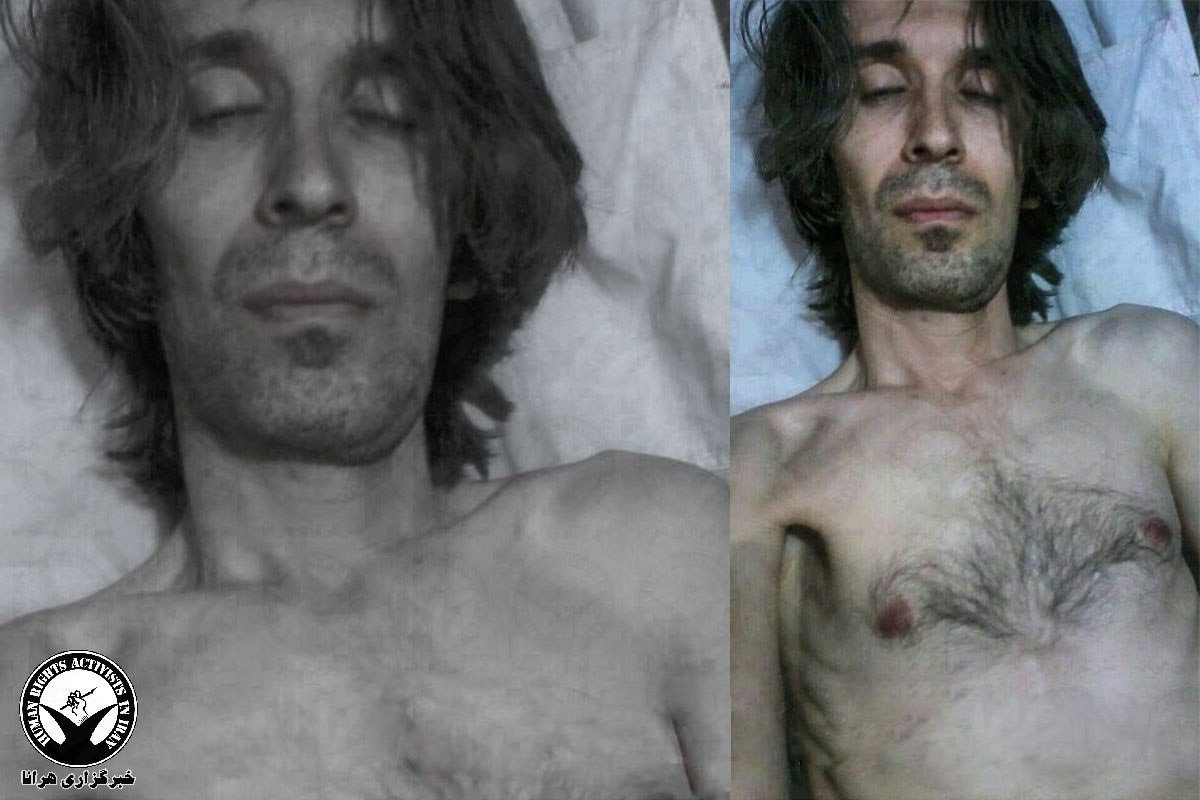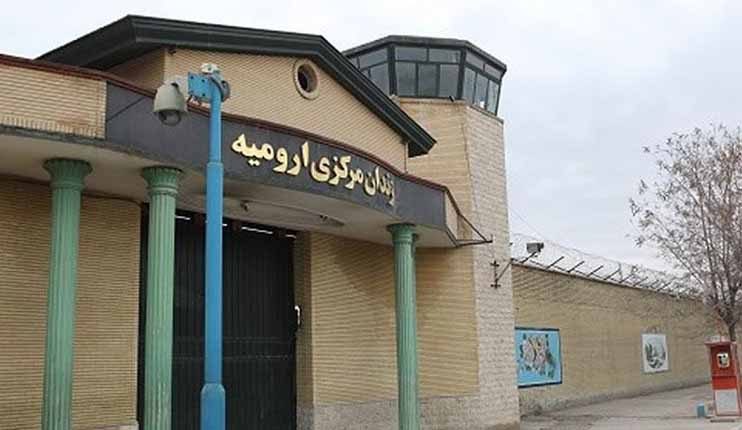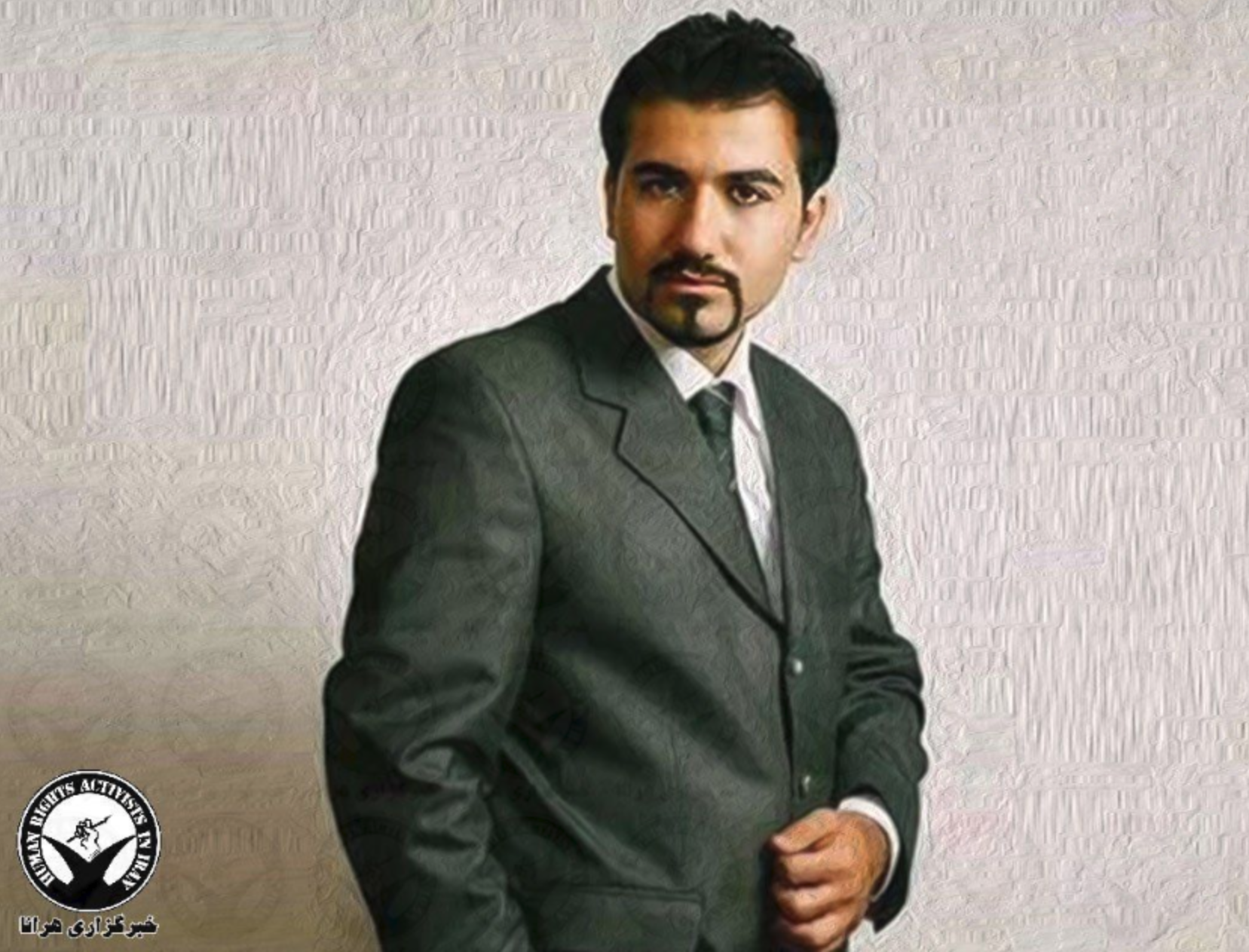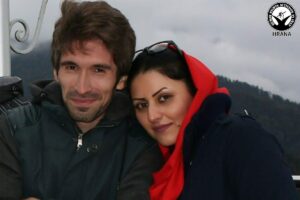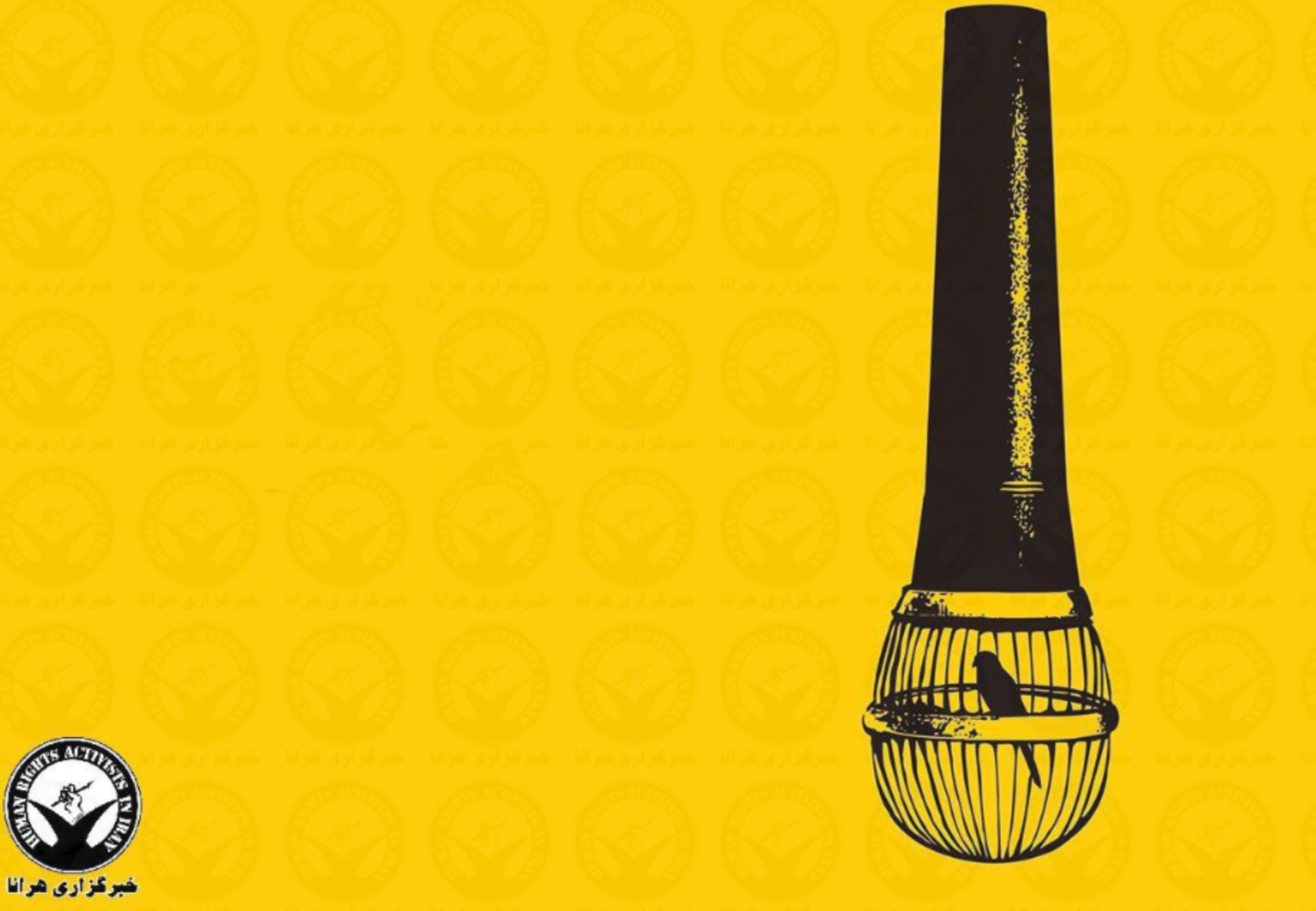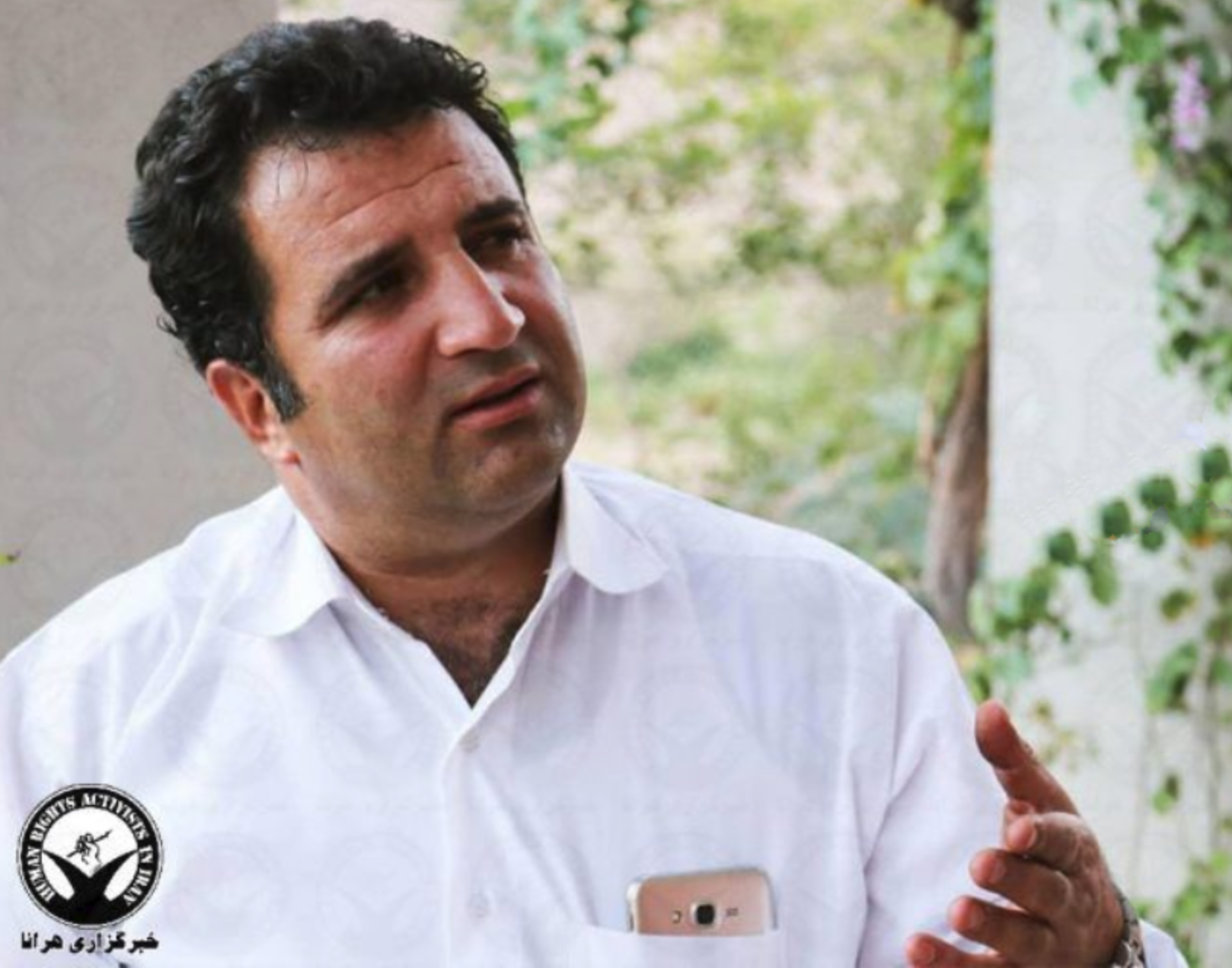Human Rights Activists News Agency (HRANA) – Prison authorities continue to jeopardize the post-operative course of imprisoned civil rights activist Arash Sadeghi, who was finally transferred to the hospital October 13th. Now his best hope of recovery, doctors say, is the slim chance that those same authorities will consent to a medical furlough.
So far, according to HRANA reports, Sadeghi’s urgent need for specialized care has done little to inspire sympathy from the prison powers that be. When doctors urged that he remain under hospital supervision after his September 12th bone cancer surgery, he was hastily whisked back to Evin Prison only three days later.
Back at the prison, a prosecutor’s assistant, identified only as “Rostami,” delayed Sadeghi’s follow-up for two weeks, during which time an infection took hold in the surgery site on Sadeghi’s right arm. Indeed, Sadeghi’s October 13th transfer was the sole successful among several hospital visits that authorities deliberately thwarted, i.e. postponed until afternoon hours when a qualified team of specialists was no longer available.
Immediately prior to his latest hospital visit, Maghsoud Zolfali, the head of the prison’s security unit, told Sadeghi that prosecutors had ordered all political prisoners on medical transfer to remain in prison garb. Sadeghi’s refusal to do so led to a verbal altercation, after which authorities placed him in a cold room as a punitive measure from 7:00 to 10:30 pm.
The chill followed Sadeghi to the hospital, where guards insulted him, twisted his arm, tightened his handcuffs, and punched him in the arm that had undergone surgery, reportedly because he had returned the greeting of medical personnel. When hospital staff protested the manhandling, agents responded that they were following the orders of the prison director to treat Sadeghi according to his status of a “security prisoner.”
When after his medical exam Sadeghi’s doctor advised he begin chemotherapy, Sadeghi expressed doubt that the treatment would work, citing the physically and mentally abusive dynamics of the prison. To ensure optimal results from this strenuous therapy, medical sources say, chemo patients must undergo treatment in the utmost comfort and calm. Citing this reason, doctors strongly advised against Sadeghi undergoing chemo outside of the hospital.
Upon Sadeghi’s return to Evin, the head of the prison medical clinic noted signs of injury to the surgical wound where he was punched at the hospital, including increased inflammation and discoloration due to bleeding. In the face of documentary evidence of this injury, prison authorities have done nothing to address it in the past five days.
Pursuant to the doctor’s chemotherapy recommendation, prosecutors ordered Sadeghi’s transfer to the coroner’s office. The coroner had no access to Sadeghi’s medical files; from a visual examination alone, they concluded that furlough from prison would be a necessary requisite for his chemo.



